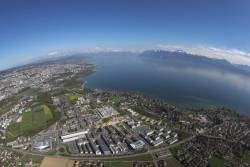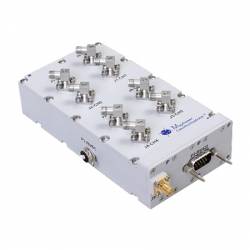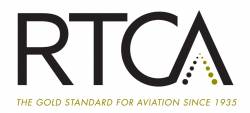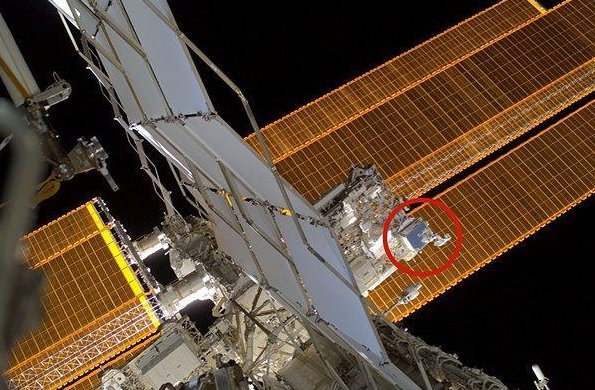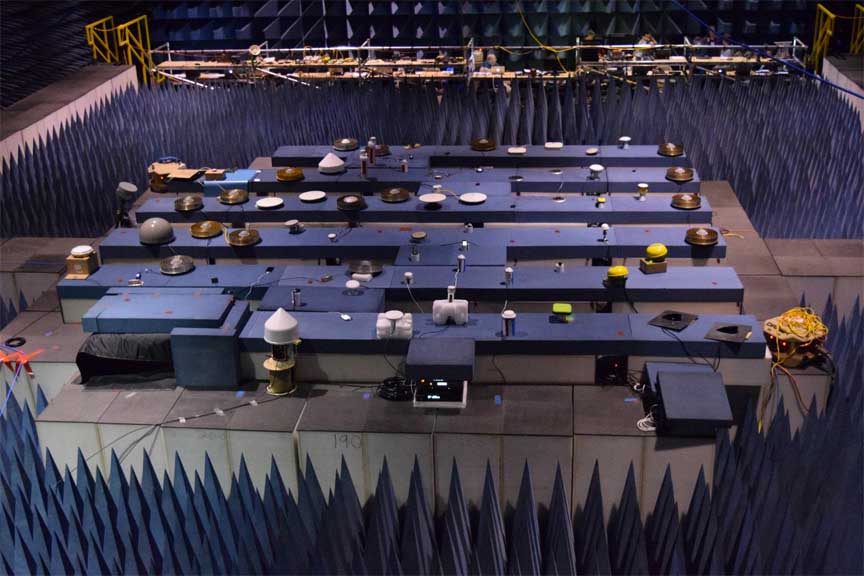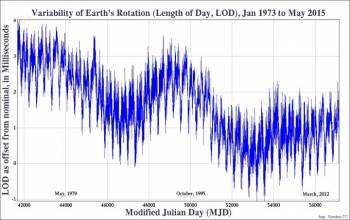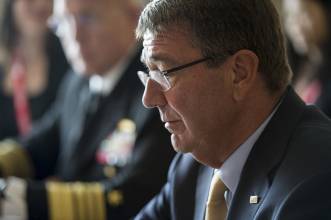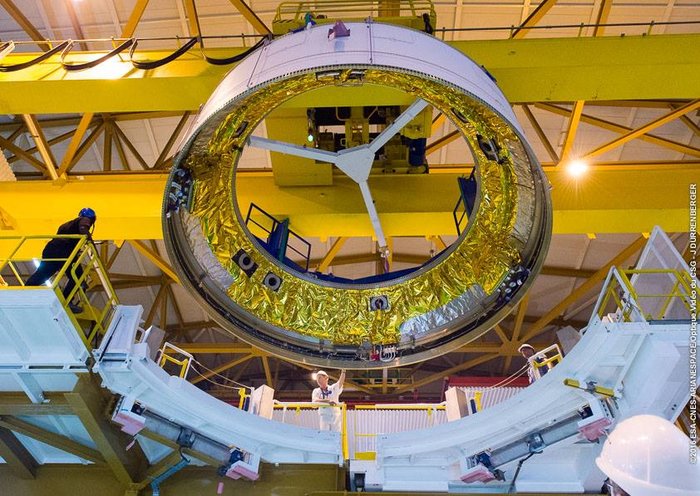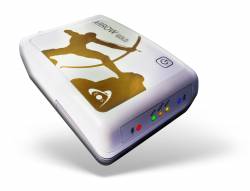NovAtel and Stanford Sign Autonomous Vehicle Study Agreement
NovAtel has signed a contract with Stanford University for a study to determine how GNSS technology can deliver a positioning system that meets safety and accuracy requirements for autonomous land vehicles, the company said.
NovAtel said the study, to be conducted at Stanford’s GPS Research Laboratory, will build on similar aircraft research. In addition, the research will include concepts for high integrity carrier-phase algorithms, threat models, and safety monitors for improving autonomous vehicle transportation, the company said.
By Inside GNSS

